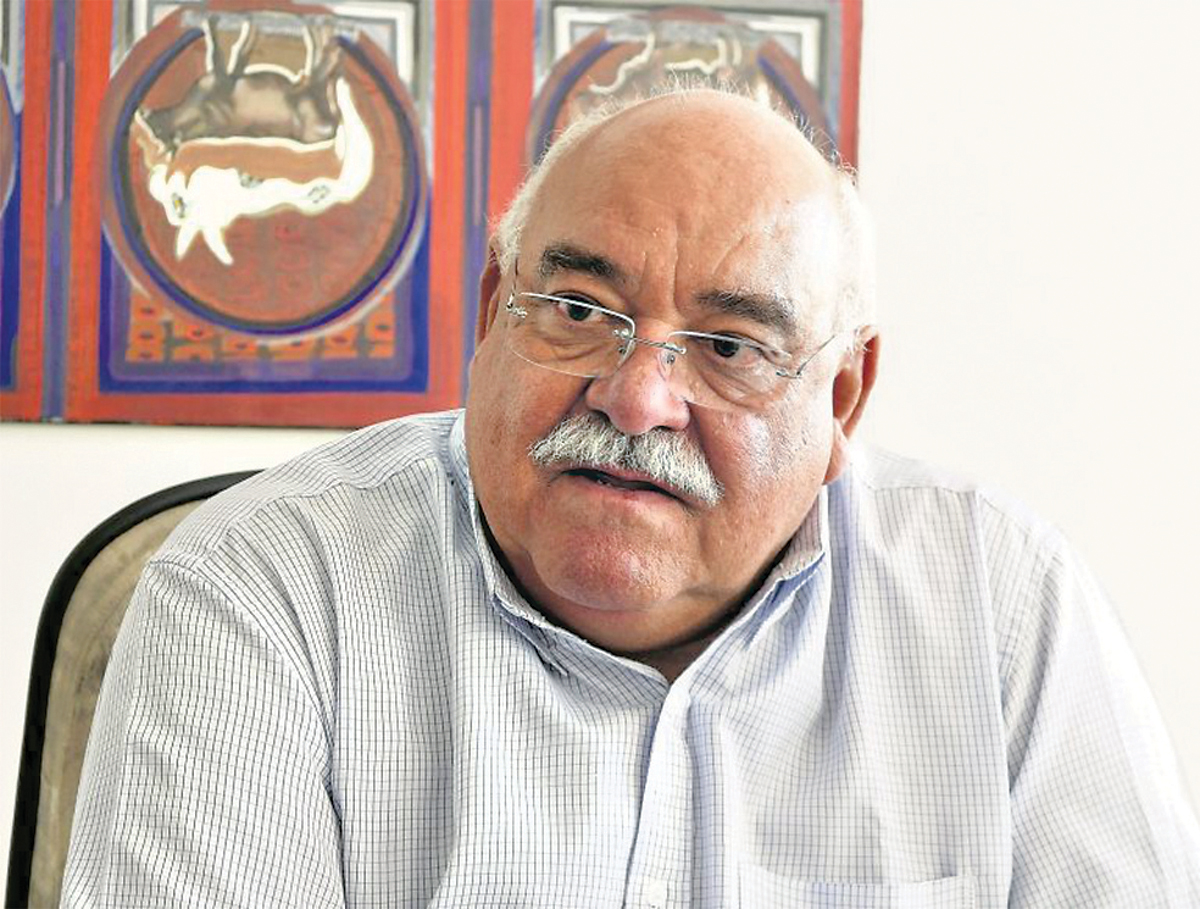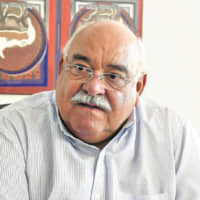Uruguay, located between two of the region’s most influential countries, Brazil and Argentina, has developed a resistance to the political and social upheavals that have broken out across South America over the past decade.
Among the smallest countries in South America by land mass and with a population of only around 3 million, Uruguay may not possess the geopolitical clout held by its neighbors. However, its location by the strategic Rio de la Plata, which flows out to the Atlantic, has given the country its lifeline, so to speak.
“He who controls the Rio de la Plata controls the continent,” an old saying goes. Today, the river allows access to the hinterlands of South America, a market of more than half a billion people.
Having achieved some political and economic stability, following its tumultuous history, Uruguay has attracted the attention of foreign investors. Apart from the advantage of controlling access to Rio de la Plata, Uruguay’s membership in Mercosur (Southern Common Market) has strengthened its position in the global economy.
From the early 2000s, Uruguay’s governments realized that the country had to surmount challenges related to its small population and land area if it were to accomplish consistent and sustainable progress. Among those strategies was to develop the country as a center for higher value-added manufacturing.
Additionally, all successive governments have recognized the value of building a stable legal framework for businesses. The majority of Uruguayans are very proud of the clear rule of law, strong state institutions and highly educated workforce, as they cite these three aspects as the competitive advantages of Uruguay’s economy.
When prospective investors are assured that industries will not be nationalized depending on who is in government and laws are respected regardless of who is in charge, these companies, whether they are from the United States, Europe or Japan, are able to make long-term plans and accordingly commit abundant capital.
“Uruguay’s political stability, along with a bilingual population that can speak Portuguese and Spanish, was among the main reasons we established our only manufacturing plant, which will serve the entire South American continent,” said Yosuke Natsume, head of Bonset Latin America, which produces shrinkable plastic for packaging and labeling applications.
Other Japanese companies, especially those in the consumer electronics sector, are capitalizing on Uruguay’s ability to become a “last-mile” processing and value-added hub, thanks to its free trade zones. In the early 1990s, as countries chased foreign capital amid rapid globalization, Uruguay established its first free trade zones and targeted multinationals, positioning itself as the ideal gateway to South America.
Zonamerica, an industrial and logistics park 30 minutes northeast of the capital Montevideo, now has 12 Japanese electronics and high-value added firms. These companies receive finished goods from Japan or other countries-of-origin as their employees put the final touches on the products — such as country-specific labels — before they are shipped to their final destinations anywhere in Latin America. Among the Japanese companies in Zonamerica are Sony, Ricoh and Shimadzu.
“Uruguay’s logistics infrastructure can hold its ground against any other advanced economy in the world. Our systems use best-in-class systems for sorting, tracking and delivery of the products. They are also very well integrated into the planning and timeline of our customers to ensure maximum efficiency,” said Zonamerica Vice President Isidoro Hodara, who is also president of the Japanese-Uruguayan Chamber of Commerce.
A vital part of the logistical chain in Uruguay is the port of Montevideo, a natural harbor with a long history of being a refilling station for merchant ships. The port continues to be a heavy driver of the region’s economy.
“We provide port services 24 hours a day, 365 days a year, ensuring users reliability in their work forecasts. Private operators, under a regime of free competition, attend to the services of the ships, the merchandise and their passage,” Montevideo Harbor South America President and CEO Francisco Suga said.
Perhaps the most remarkable economic driver to come out of Uruguay since the 1990’s would be the country’s information and communication technology sector. Because of the government’s commitment to equip secondary and tertiary students with computing literacy, Uruguay boasts a robust software and IT ecosystem and now exports high value-added technologies across the globe. That strength is best illustrated by the success of GeneXus.
With its vision to develop “software to make software,” GeneXus has emerged as the country’s leader in IT automation. Selecting Japan as its Asian gateway, the company opened offices in Tokyo and is aggressively expanding across the Asia-Pacific region. In the process, it has enlisted Mitsubishi and Canon as its top Japanese clients.
Another clear example of Uruguay’s evolution into a hotbed of innovation, The Electric Factory in Montevideo has developed an acoustic technology that can be fitted into electric vehicles and make them safer for all drivers and pedestrians. Furthering its application, the acoustic technology can be used to help with the growth of plants. The company has partnered with AYAX Toyota to roll out this technology in Uruguay.
In the same year that Uruguay and Japan marked the centennial of the establishment of diplomatic relations, Uruguayan beef farmers had another reason to celebrate. After a nearly 20-year hiatus, the first shipment of high-quality, hormone-free beef products made their way to Japan in March.
“Japan’s reopening of its market to our products is Uruguay’s debut as a true global player in the beef industry. We are a David in the midst of Goliaths as far as global meat export volumes are concerned. But we are confident in the differentiating factors of our products, such as not using hormones and perfect traceability for all of our livestock,” said Uruguayan Chamber of Meat Exporters Head Daniel Belaratti.





